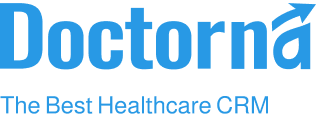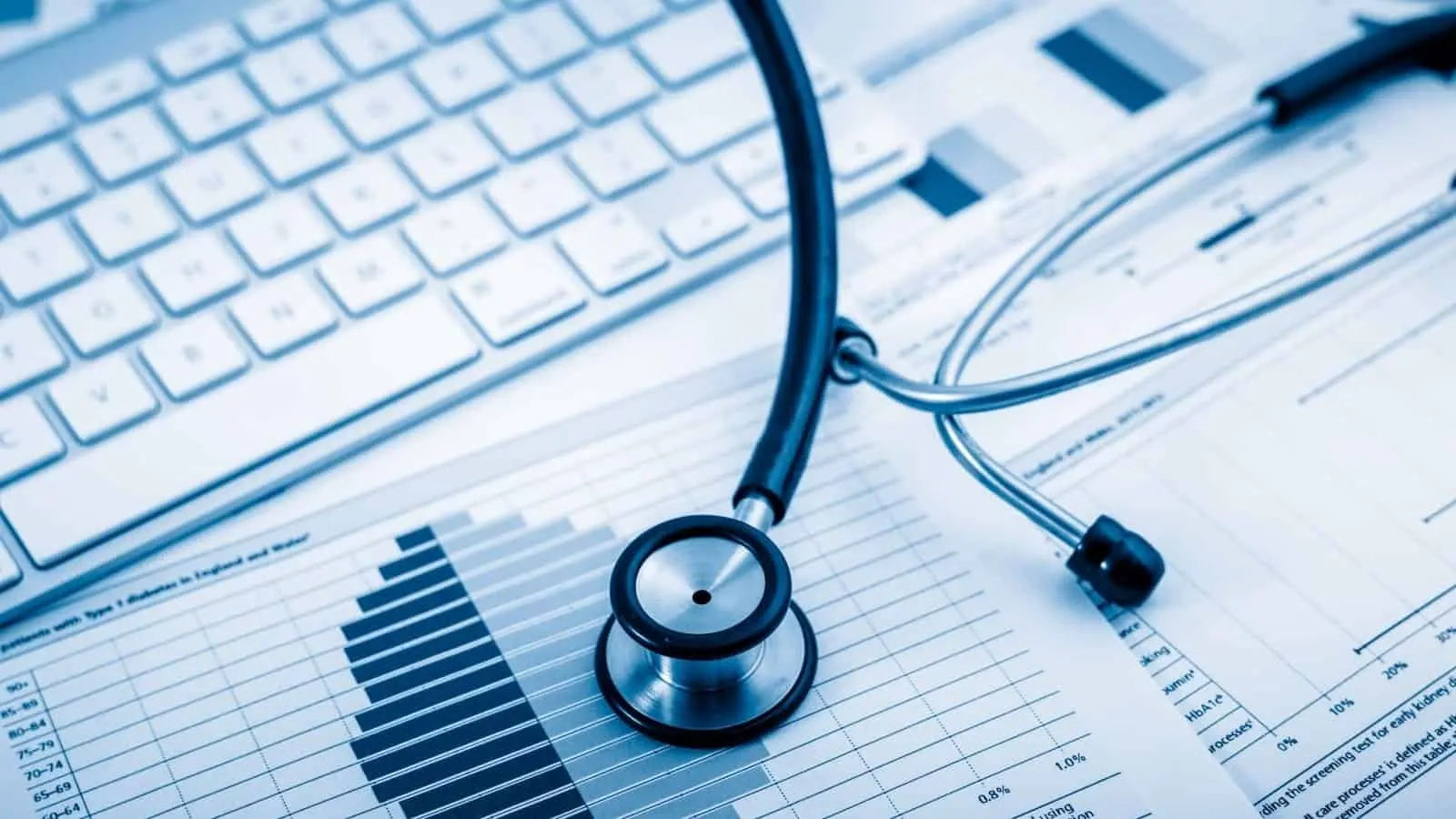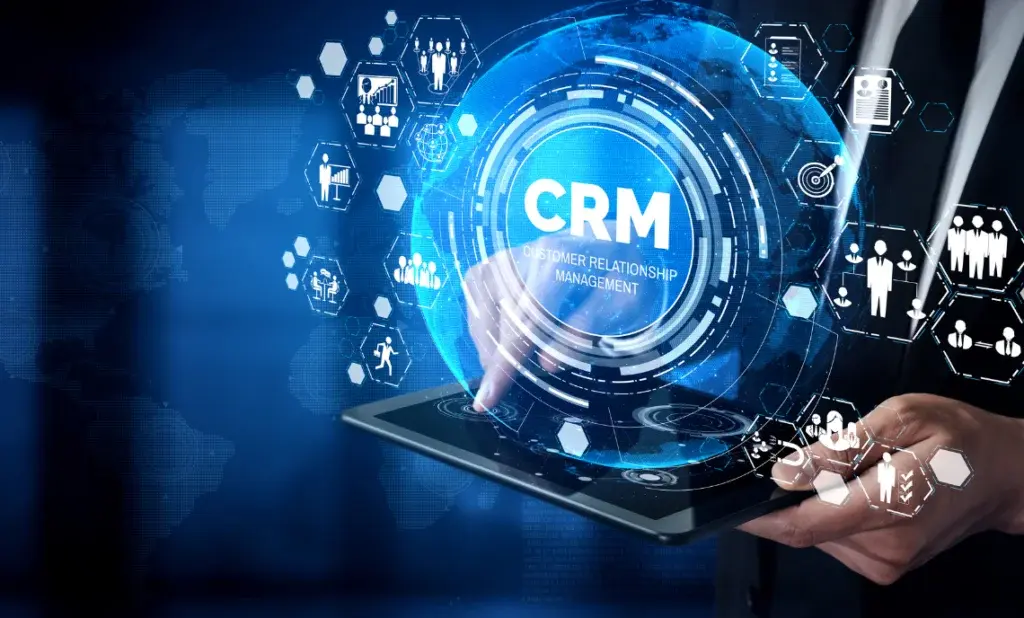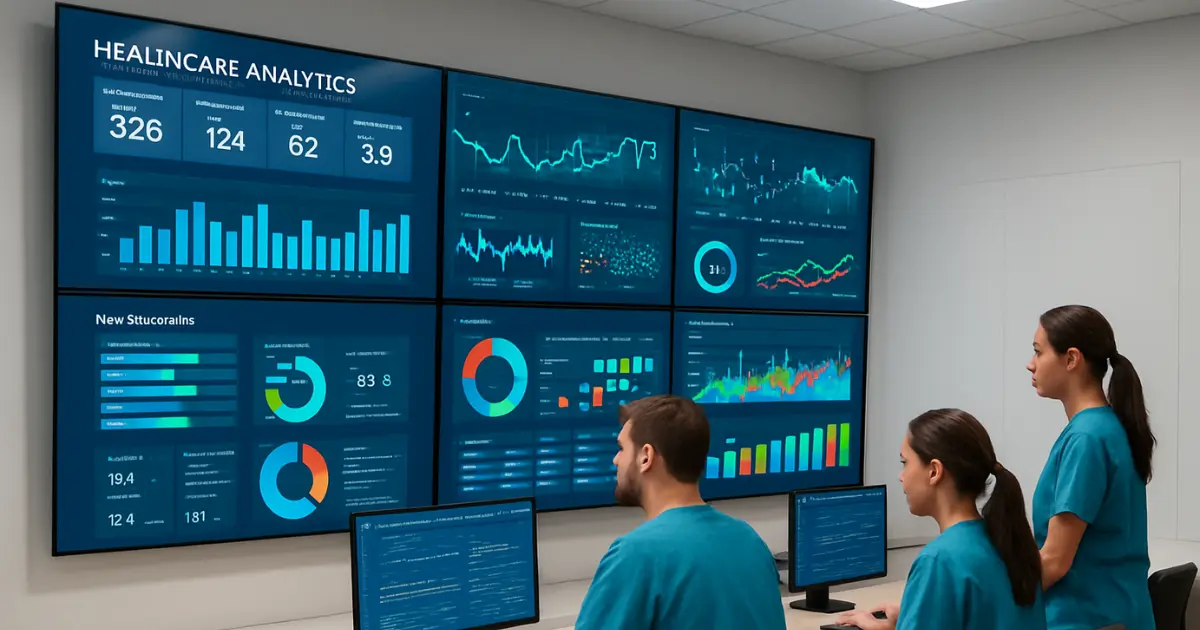The healthcare sector in Dubai is a dynamic, competitive, and highly regulated environment. With a growing population, an influx of medical tourists, and a strong push towards digital transformation, clinics are under pressure to not only provide exceptional medical care but also to deliver a world-class patient experience. Many clinics, however, still rely on a mix of outdated systems and manual processes. This fragmented approach often leads to operational inefficiencies, a poor patient experience, and difficulties in meeting the strict regulatory standards set by the Dubai Health Authority (DHA). This is where a dedicated healthcare CRM system comes in.
It’s no longer a luxury—it’s a strategic imperative. A robust healthcare CRM software provides the digital backbone for clinics to thrive, empowering them to streamline operations, enhance patient relationships, and drive sustainable growth.
This blog post will explore the seven most compelling reasons why implementing a healthcare CRM system is essential for success in Dubai’s dynamic market.
1. Enhance the Patient Experience and Boost Retention
Today’s patients in Dubai, including both residents and international visitors, expect a seamless, personalized, and convenient digital journey. A powerful CRM in the healthcare industry is the key to delivering this. It enables clinics to move beyond generic communication, utilizing a patient’s health history and preferences to deliver personalized messages for appointment reminders, post-visit follow-ups, and targeted health-related content.
Recent studies from Solution Search in 2023 found that 70% of patients desire personalized communication from their healthcare providers. A report from McKinsey & Company also found that 71% of consumers expect companies to deliver personalized interactions, and 76% get frustrated when they don’t. This shift towards personalized interactions not only supports patient engagement but also fosters a more inviting and responsive environment, ultimately strengthening the patient-provider relationship and improving retention.
- Deliver a seamless, personalized, and convenient digital journey.
- Provide personalized communication for reminders, follow-ups, and health-related content.
- Offer a user-friendly portal for easy booking, rescheduling, and information access.
- Collect and analyze patient feedback to quickly address concerns and foster loyalty.
2. Streamline Operations and Increase Staff Efficiency

In a market with a noted shortage of skilled professionals, automating administrative tasks is crucial for freeing up valuable staff time. This is a core benefit of great healthcare crm software. A CRM system can significantly reduce no-shows by sending automated appointment reminders via multiple channels like SMS or email. One study showed that practices implementing reminder texts saw a 20% decrease in cancellations. The system provides a single, unified view of each patient’s history, communication logs, and billing status, effectively eliminating data silos and the need for staff to hunt for information across different systems. This allows for smoother workflows and reduces the potential for human error.
By automating routine tasks like prescription refills, lab result notifications, and post-visit surveys, staff can focus on what matters most: providing quality patient care.
- Automate administrative tasks to free up staff time for patient care.
- Reduce no-shows and eliminate scheduling conflicts with automated reminders.
- Provide a single, unified view of each patient’s history and communication logs.
- Automate routine tasks like prescription refills, lab result notifications, and post-visit surveys.
3. Ensure Compliance with DHA Regulations and Data Security
The Dubai Health Authority (DHA) has rigorous regulations regarding patient data privacy and management. A generic CRM simply won’t cut it. A specialized CRM for healthcare providers is designed with these standards in mind. According to the DHA’s “Policy for Health Data and Information Sharing,” all healthcare entities must ensure the confidentiality of patient data and implement procedures to reduce potential risks.
Specialized CRMs are built to ensure patient data is stored securely with advanced encryption and multi-factor authentication, meeting the stringent requirements of both the DHA and international standards. The system maintains comprehensive audit trails of all data access and modifications, making it easy to demonstrate compliance during regulatory audits. It also simplifies the process of tracking and managing patient consent for communication and data sharing, ensuring your practice operates with transparency and integrity.
- Designed to meet stringent DHA and international data privacy standards.
- Ensure secure data storage with encryption and multi-factor authentication.
- Maintain comprehensive audit trails for easy compliance demonstration.
- Simplify the tracking and management of patient consent for communication and data sharing.
4. Drive Revenue and Attract New Patients (including Medical Tourists)

A healthcare CRM system isn’t just for existing patients; it’s a powerful tool for growth and acquisition. Using a CRM, clinics can segment their patient database to run targeted marketing campaigns based on demographics, health conditions, or past treatments. This could be anything from a health check-up campaign for corporate clients to a cosmetic procedure promotion for a specific demographic.
For Dubai’s thriving medical tourism sector, the CRM helps manage the entire patient journey for international visitors, from their initial inquiry and travel arrangements to their post-procedure follow-ups, helping you stand out in a competitive market. It can also help track and nurture referral relationships, a vital source of new patients. By streamlining operations and enhancing the patient experience, a well-implemented CRM can yield significant ROI through increased operational efficiency and improved patient acquisition.
- Segment patient database to run targeted marketing campaigns.
- Manage the entire patient journey for international medical tourists, from inquiry to follow-up.
- Track and nurture referral relationships, a vital source of new patients.
- Help you stand out in a competitive market by providing a professional, end-to-end patient experience.
5. Improve Care Coordination and Communication
One of the biggest challenges in a multi-specialty clinic is a lack of communication between teams, which often leads to fragmented care. A healthcare CRM breaks down these silos. It provides a single source of truth, ensuring all staff members—from the receptionist to doctors and specialists—have access to the same up-to-date information. This seamless data flow improves collaboration and ensures everyone is aligned on the patient’s care plan. The integration of CRM with other essential systems like Electronic Health Records (EHRs) and billing platforms creates a cohesive digital ecosystem, minimizing the risk of medical errors and allowing for more coordinated, patient-centric care.
- Break down communication silos between teams.
- Provide a single source of truth, ensuring all staff members have access to the same up-to-date information.
- Facilitate secure, compliant communication between care teams about a patient’s treatment plan.
- Integrate with other essential systems like Electronic Health Records (EHRs) and billing platforms.
6. Leverage Data for Smarter, Proactive Care

A CRM moves a clinic beyond simple, reactive care by turning data into actionable insights. With robust analytics, clinics can get real-time insights into patient demographics, service demand, and operational trends. This data can be used to proactively identify and engage with patients who are due for a follow-up or require preventive care for chronic conditions. Instead of waiting for a patient to book an appointment, the clinic can reach out with a personalized message or a health reminder. Predictive analytics, a key feature in modern CRMs, can forecast future outcomes, helping healthcare providers identify at-risk patients earlier and personalize treatment plans. This proactive approach not only improves patient outcomes but also strengthens trust and loyalty.
- Turn data into actionable insights for strategic decision-making.
- Gain real-time insights into patient demographics, service demand, and operational trends.
- Proactively identify and engage with patients who are due for a follow-up or require preventive care.
- Optimize resource allocation based on data-driven patient flow analysis.
7. Automate Billing and Financial Management
Financial management and billing are often a source of administrative headaches. A specialized CRM for healthcare providers can automate these processes, reducing errors and improving cash flow. Reports on medical billing automation highlight its ability to significantly reduce the time spent on administrative tasks and improve accuracy, thereby reducing claim rejections and denied payments.
By integrating with your billing system, a healthcare CRM system can automatically generate invoices and streamline the entire invoicing process. It can also automate the process of sending out payment reminders to patients, improving cash flow and reducing the administrative burden on your staff. Automating parts of the insurance verification process also speeds up patient check-in and reduces claim rejections, leading to a more efficient and professional patient experience.
- Automate billing and financial processes to reduce errors.
- Streamline invoicing by integrating with your billing system.
- Automate payment reminders to improve cash flow and reduce the administrative burden.
- Speed up patient check-in and reduce claim rejections with automated insurance verification.
Conclusion
In the fast-paced and patient-centric healthcare environment of Dubai, a dedicated healthcare CRM system is no longer a “nice-to-have” but a fundamental part of a clinic’s strategy. By enhancing the patient experience, streamlining operations, ensuring compliance, and providing actionable insights, a robust solution empowers clinics to thrive and grow. Investing in a healthcare CRM software is not just an expense; it’s a strategic investment in efficiency, compliance, patient satisfaction, and long-term growth.
Ready to transform your clinic’s operations and patient relationships? A solution like Doctorna can be the perfect CRM for healthcare providers in Dubai.







